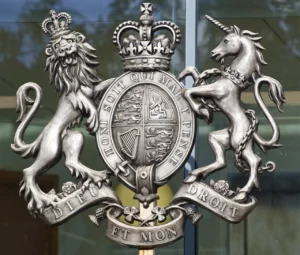Russell Brand, the renowned comedian and actor, has finally addressed the recent sexual assault allegations against him in a video posted on his social media. In the video, he thanked his supporters for standing by him during what he referred to as an “extraordinary and distressing week.”
The allegations against Brand have surfaced following an investigation by The Sunday Times, The Times, and Channel 4 Dispatches. Multiple women, including a 16-year-old schoolgirl, have accused him of sexual assault. These alleged incidents are said to have occurred between 2006 and 2013. Brand vehemently denied the allegations, asserting that his sexual relationships have always been consensual.
However, instead of directly addressing the allegations against him, Brand used the video to voice his concerns about government censorship of independent media. He mentioned that the British government had asked big tech platforms to censor online content, a move he found troubling. Brand highlighted that such actions were happening within the context of the Online Safety Bill, UK legislation that grants significant surveillance and censorship powers.
In the video captioned “so,” Brand informed his audience that he would be posting his show on the social media platform Rumble, suggesting a departure from more mainstream platforms. This decision appears to be a response to concerns about censorship on other platforms.
Furthermore, the Metropolitan Police have launched an investigation into a separate alleged incident involving Brand in Soho in 2003. Internal probes into Brand’s career and behaviour while working for the BBC and Channel 4 are also currently underway.
As for Rumble, the platform had been the host of Brand’s daily video uploads, potentially earning him thousands of pounds each month. Rumble is similar to YouTube in its format but differs significantly in its approach to monetisation, algorithms, and user content restrictions. Rumble positions itself as an “open platform,” inviting content creators to “speak their truth” without fear of censorship or hate speech.



































